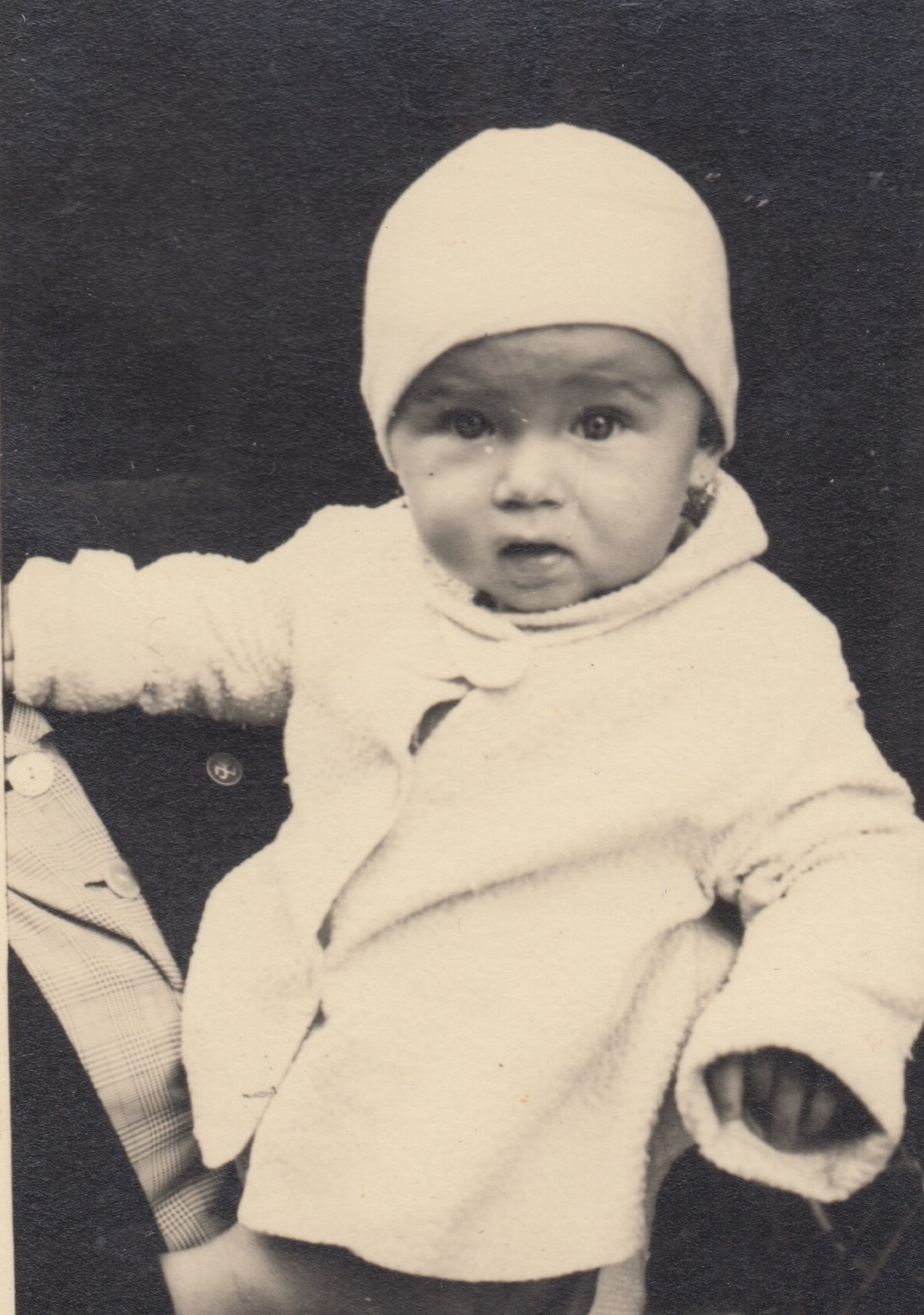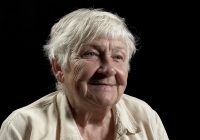The post-war situation broke up my family

Download image
Helena Mezlová, née Netroufalová, was born in Brno on 12 January 1939 to Eduard and Marie Netroufal. Her father was of German nationality and her mother was Czech, but the family only spoke German at home. Her father was drafted into the Wehrmacht as an aircraft mechanic; he was captured during the war. In May 1945, a six-year-old Helena with her mother and three siblings undertook the so-called Brno death march to Pohořelice, later finding shelter in the house of her mother’s sister in Vienna. The family managed to return to Brno through her mother’s efforts, but when her father returned from captivity, he wanted to live in Germany. Her parents divorced. Helena spent the first three years after her return to Brno in the convent of the Sisters of St Lawrence in Veslařská Street in Brno-Jundrov, where she experience the tragic death of her one-year-younger brother Eduard. She met her father when he visited Brno in 1954 and was only able to travel abroad to return the favour ten years later. The witness’s other brother emigrated to Germany in the 1970s. Her German roots caused her difficulties her whole life – her husband was refused jobs, her daughter was denied education. On her death bed, Helena’s mother begged her forgiveness for deciding to live in Brno.









